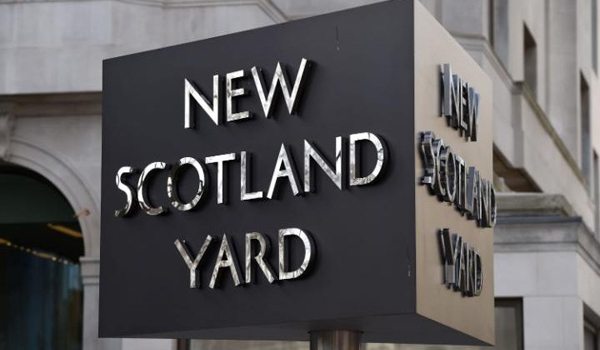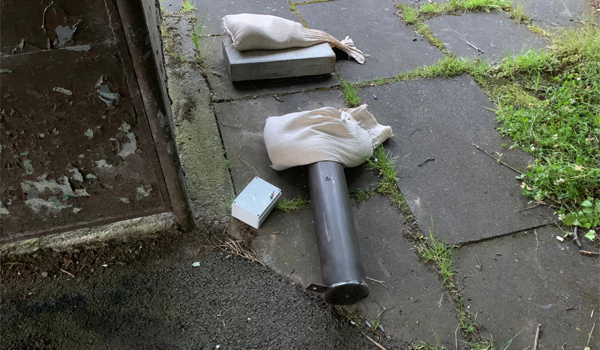MPS: vulnerable not left in trouble by relaxed DBS checks
Relaxing the vetting process has not sacrificed the ‘paramount importance’ of protecting the vulnerable, claims the Metropolitan Police Service (MPS).
The Sunday Times reported that leaked documents revealed 20,000 people had been cleared to work with children or other vulnerable people without undergoing the full security checks.
The MPS decided to adapt its disclosure and barring service (DBS) process in 2016 following criticism that extensive delays were blocking teachers and NHS workers from starting their roles in a reasonable time.
The force, according to the documents, would save time by dropping checks on local intelligence databases and just use what was given by the police national computer system.
The national system only records reprimands, warnings, criminal convictions and cautions.
The DBS did not inform any of its customers that the MPS was changing its process.
The MPS said the change occurred when “working practices on DBS checks, compared against the national police baseline, were found to exceed other working practices nationally and these were brought in line with the national competencies”.
The newspaper claimed, however, that the Character Enquiries Centre (CEC) was “appalled at the decision” and intends to take legal action against the force.
The creation of the DBS followed the Soham murders, which saw 10-year-old Holly Wells and Jessica Chapman murdered by school caretaker Ian Huntly, who worked at the school despite being investigated for a string on sexual offenses against minors. He had no convictions, and therefore at the time no police record.
The MPS said in a statement that in 2016 there were 81,000 outstanding cases with an average waiting time of 59 days which presented risk to the most vulnerable.
Consequently, under the leadership of a Management Board member, a Gold Group was immediately convened, working with the Home Office, DBS and the National Police Chiefs’ Council to amend the risks the delays posed.
It said: “The team was reorganised to contain and address the number of outstanding cases awaiting processing, staffing levels were increased and the support of colleagues from other forces was enlisted. Working practices were also reviewed to find greater efficient and effective ways of working.
In addition, some cases were closed based on the risk assessment and recommendation made by the then Interim Head.” However, the force denied any risk to the public was possible due to the group “operating under very strict guidelines” closing cases only “once it had been assessed that the action already taken mitigated the existing and prevailing risks to the most vulnerable”.
“As part of the plan to minimise risk, a number of those have been reviewed and it has been found that no disclosure of locally held police information would have been made,” it added.






